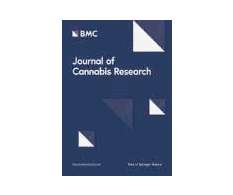Medical Marijuana Can Help with the Effects of Traumatic brain injury
FloridaMarijuana.net
AUGUST 9, 2018
Other symptoms of mild TBI include headache, confusion, lightheadedness, dizziness, blurred vision or tired eyes, ringing in the ears, bad taste in the mouth, fatigue or lethargy, a change in sleep patterns, behavioral or mood changes, and trouble with memory, concentration, attention, or thinking.












Let's personalize your content